In the depths of Bengali culture, the word ‘Shoi’ has a profound significance, representing the cherished bond between women and their closest female confidantes. It is this sacred bond that not only embraces the spirit of belongingness but also signifies the resplendent power that women possess when they uplift and empower one another.

It is rightly said that female friendships are an embodiment of purity, representing the most profound form of companionship. Within these bonds, women go beyond sharing stories of their lives; they also extend their generosity to their dearest friends, even when it comes to their most prized possessions, such as a saree. For a woman, a saree holds immense sentimental value, and when her friend is in need, she selflessly offers it without a second thought. For women, the saree has long held a profound connection since the days of their childhood. It is the purest form of joy for a little girl who gleefully drapes herself in her mother’s yellow saree on the auspicious occasion of Saraswati Puja, exuding innocence. As she blossoms into womanhood, the saree takes on an even greater significance, becoming a symbol of anticipation and excitement leading up to the important occasion of her life – her wedding, with the Benarasi saree holding a place of utmost regard.

Yet, the saree is not merely a symbol of momentous occasions and joyous milestones. It is a cherished friend that endures over time and embraces women all through their lives. From the very beginning, girls develop an eternal affection for the saree, cherishing every opportunity to adorn their mother’s saree during festivities and gatherings. It becomes a token of shared memories, a legacy passed down through generations, uniting daughters and mothers in an unbreakable bond. The saree’s allure continues to hold its importance as women mature, for it epitomises elegance, grace, and the strength inherent in femininity.

In the world of the elderly, the saree takes on a new persona, becoming a symbol of daily life. They see the saree as an integral part of their existence, adorning themselves with it as they go forth on each day’s journey. Through their eyes, the saree signifies the countless stories engraved across its folds, numerous tales of love, loss, wisdom, and fortitude.

The concept of ‘Shoi-Patano’ holds profound significance as it represents the act of developing deep and meaningful friendships. Shoi Patano translates to ‘forming friendship,’ encapsulating the beautiful bond between women and their relationship with one another. It represents the essence of female camaraderie, where women come together, supporting, empowering, and cherishing each other’s journey through life. This cultural concept celebrates the pure and enduring spirit of friendship that surpasses generations, uniting women in an unbreakable thread of love, trust, and shared experiences. Ummaira’s Pujo collection, aptly named ‘Shoi,’ pays homage to this treasured concept, crafting a display of sarees that symbolise the sacred connections among women, where the threads of friendship are intricately woven into the very fabric of their lives.

“In the heart of Bengali culture, ‘Shoi’ is not just a word; it is the embodiment of the profound and enduring friendships that women share, transcending time and generations. It represents the pure and unbreakable thread of love, trust, and shared experiences that unite us as women. Through our Pujo collection, ‘Shoi,’ we pay homage to this cherished concept, crafting sarees that symbolise the sacred connections among women, where the threads of friendship are intricately woven into the very fabric of our lives.” – Debaroopa Bhattacharya, Founder, Ummaira.
🥻Ummaira’s upcoming pre-Pujo Collection ‘Shoi’



































































































































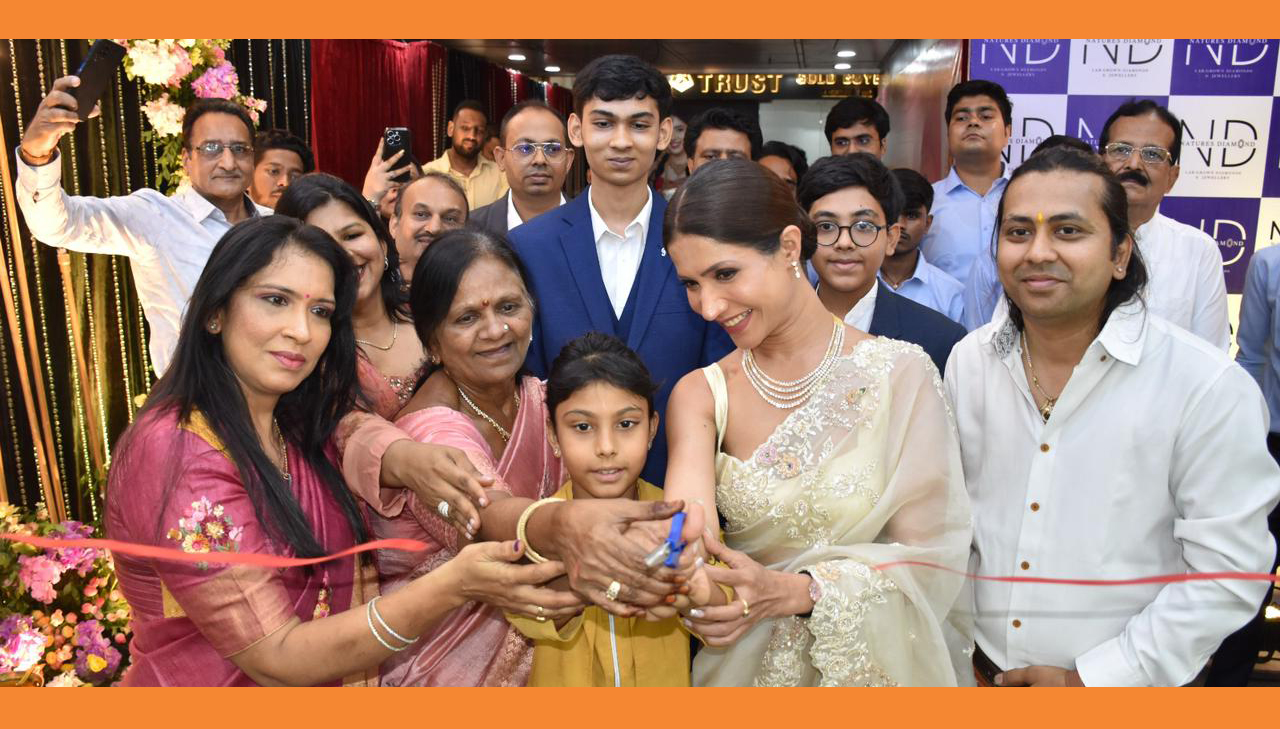








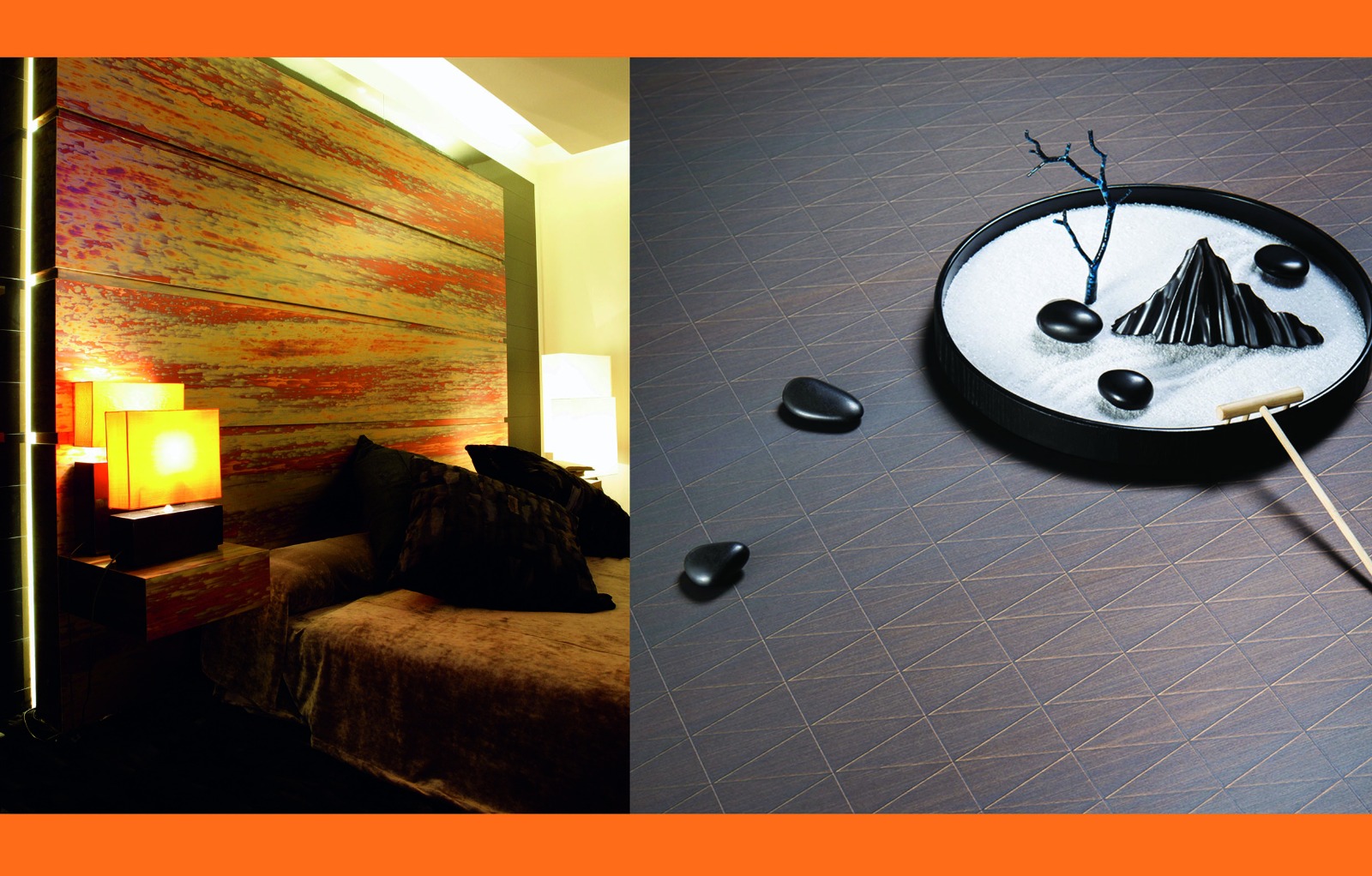



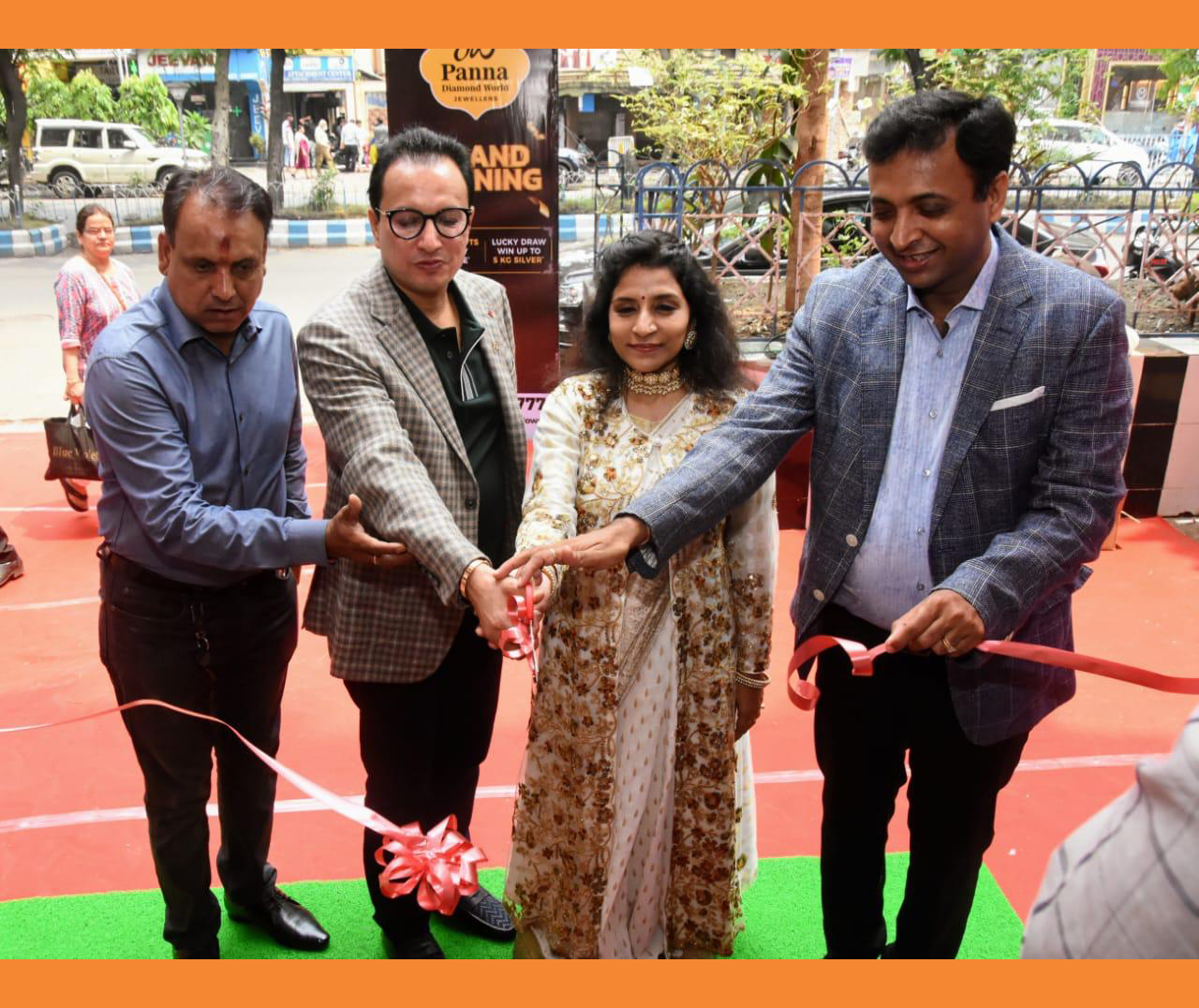
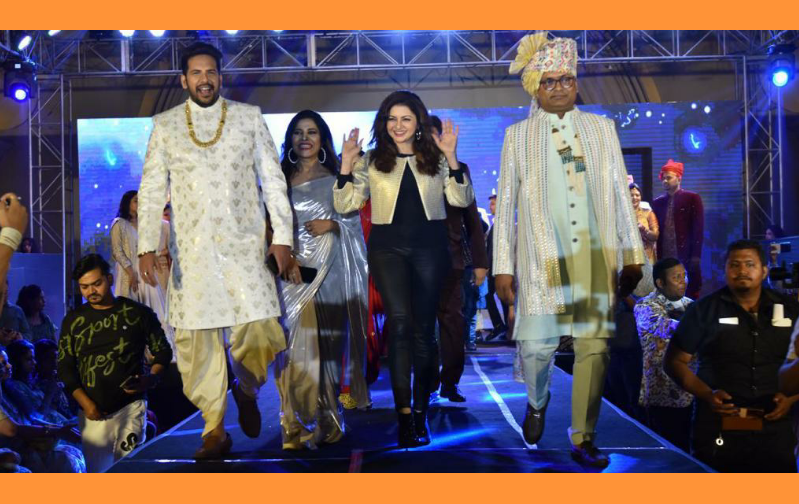








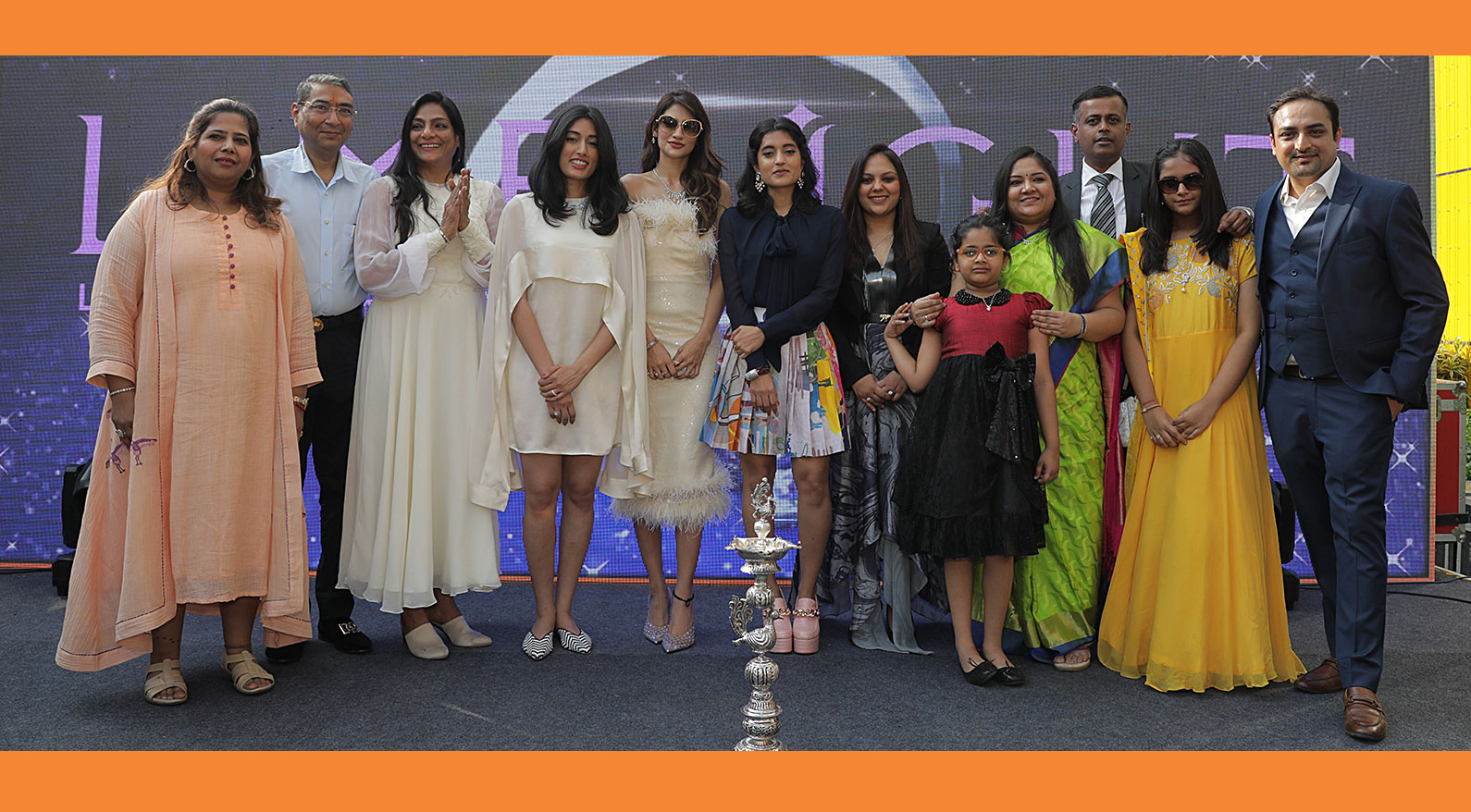

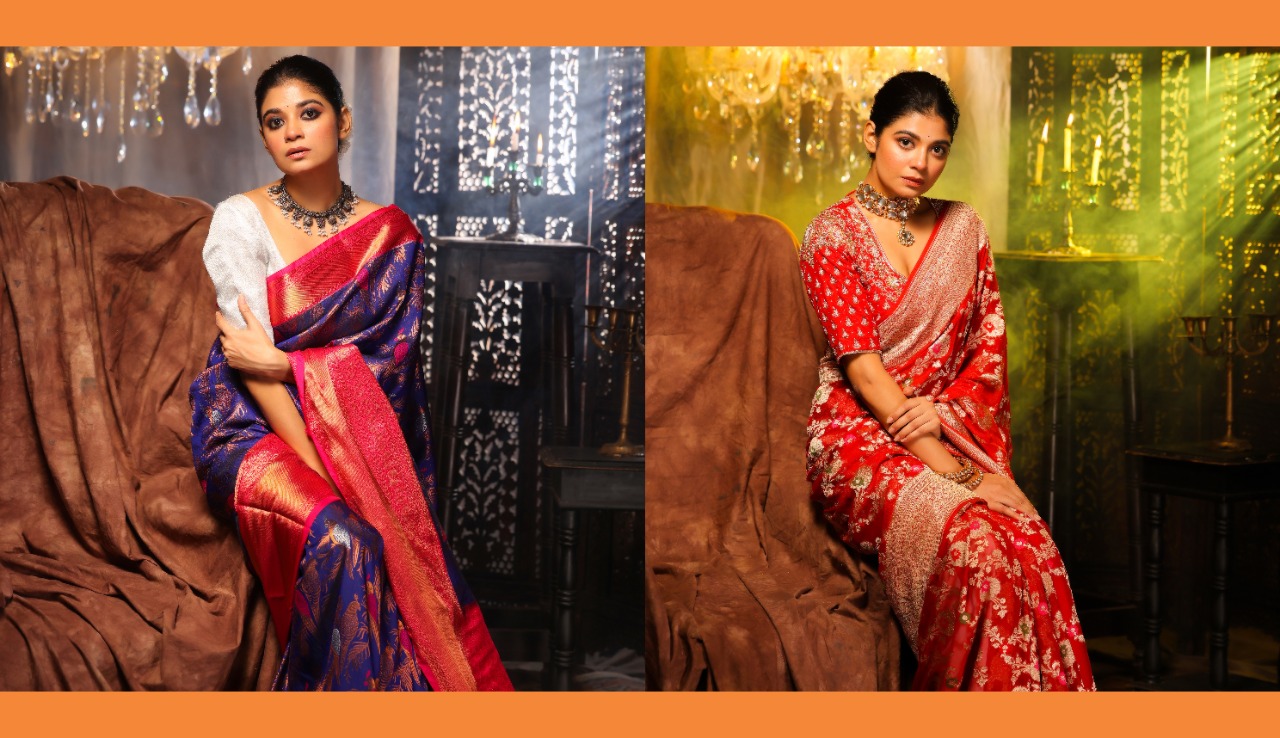



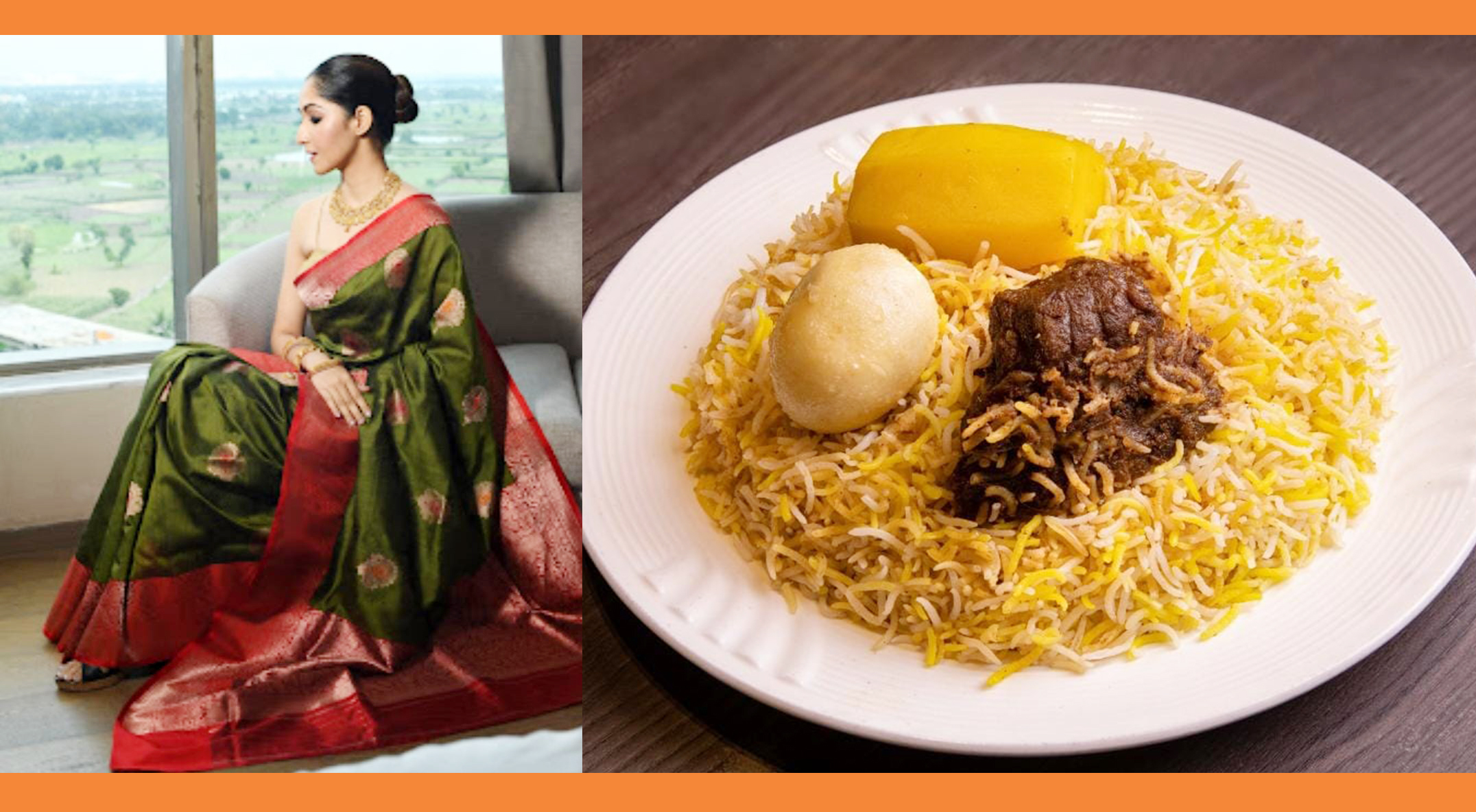


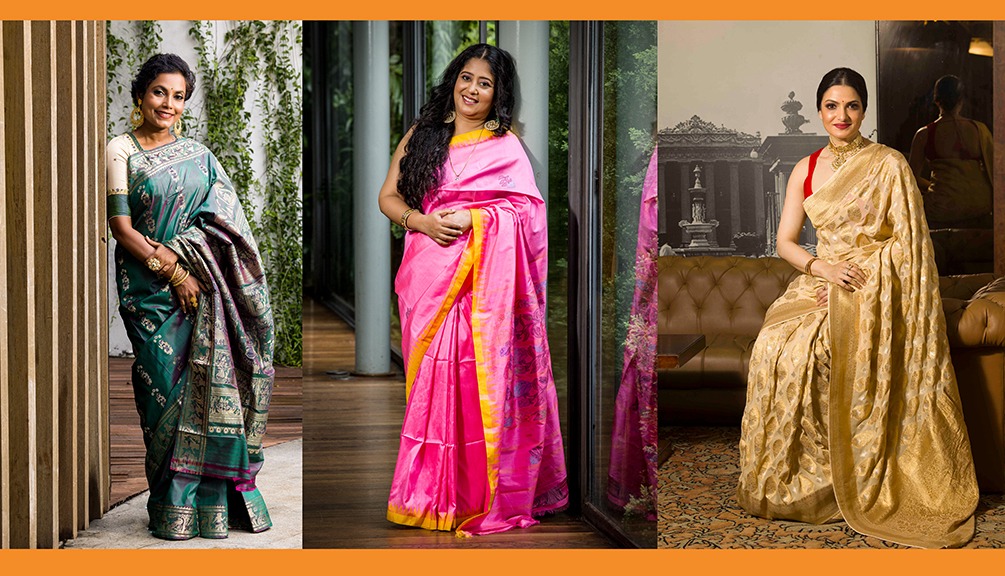



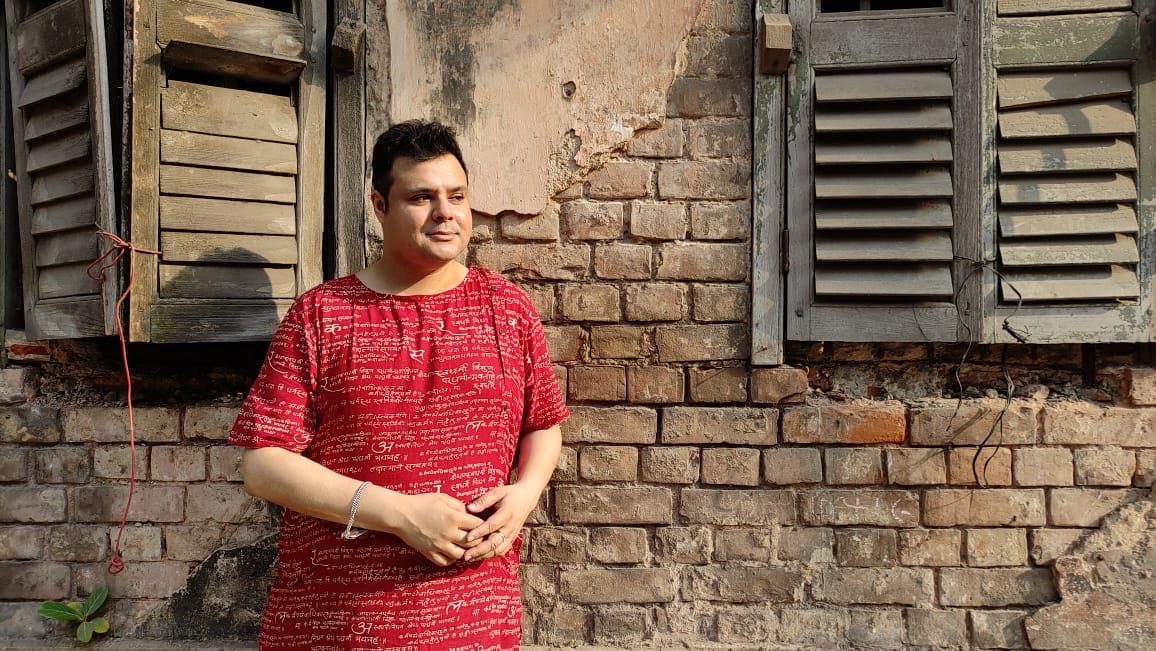
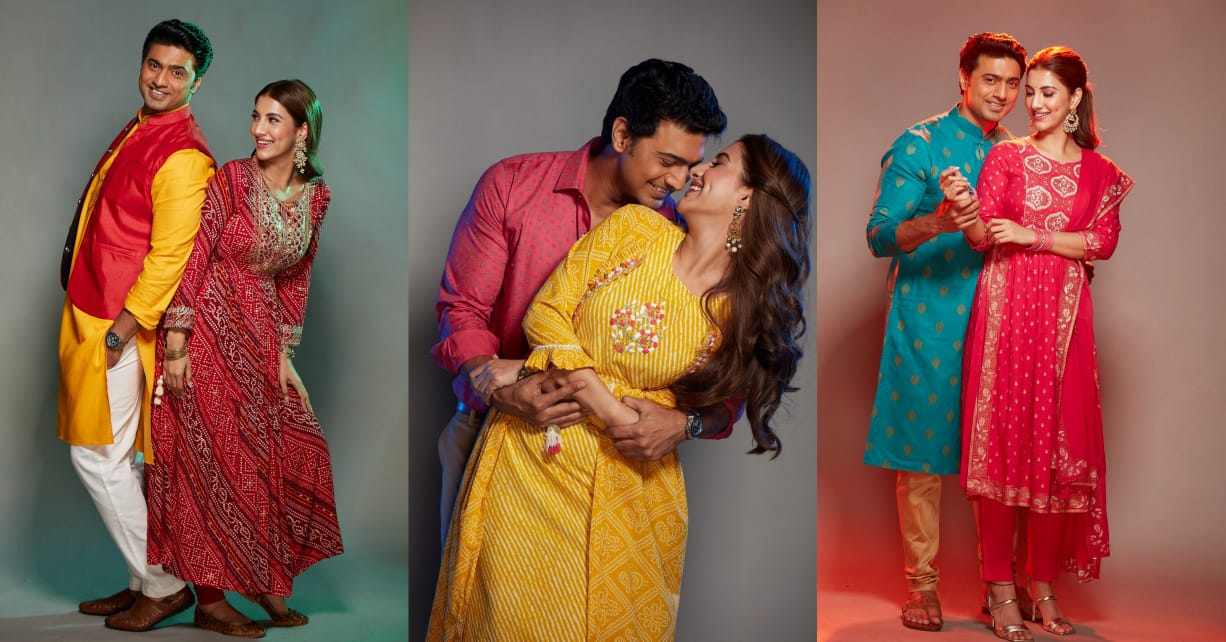

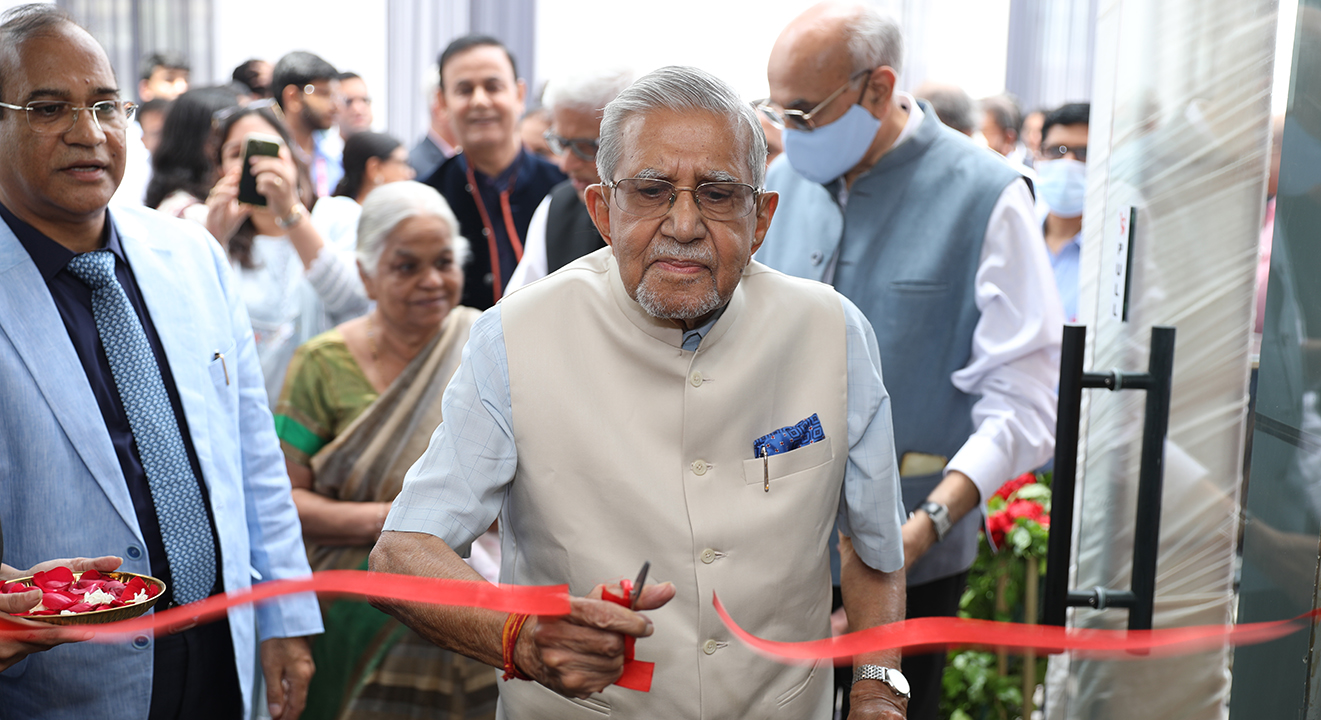




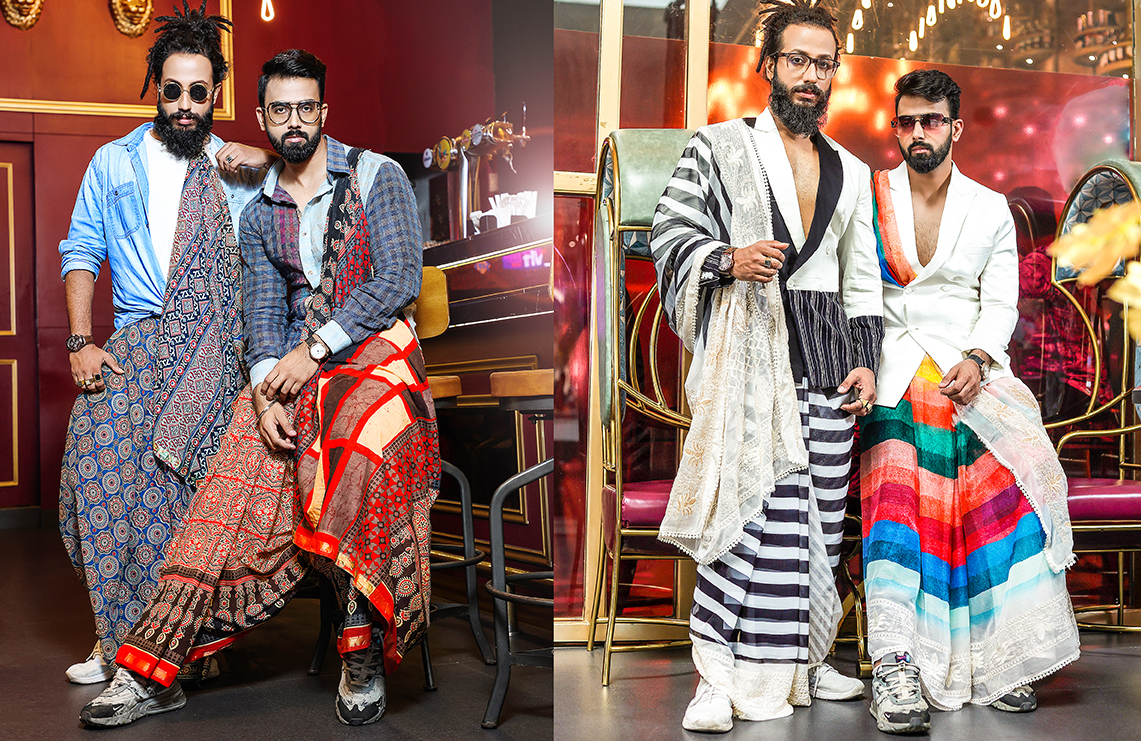


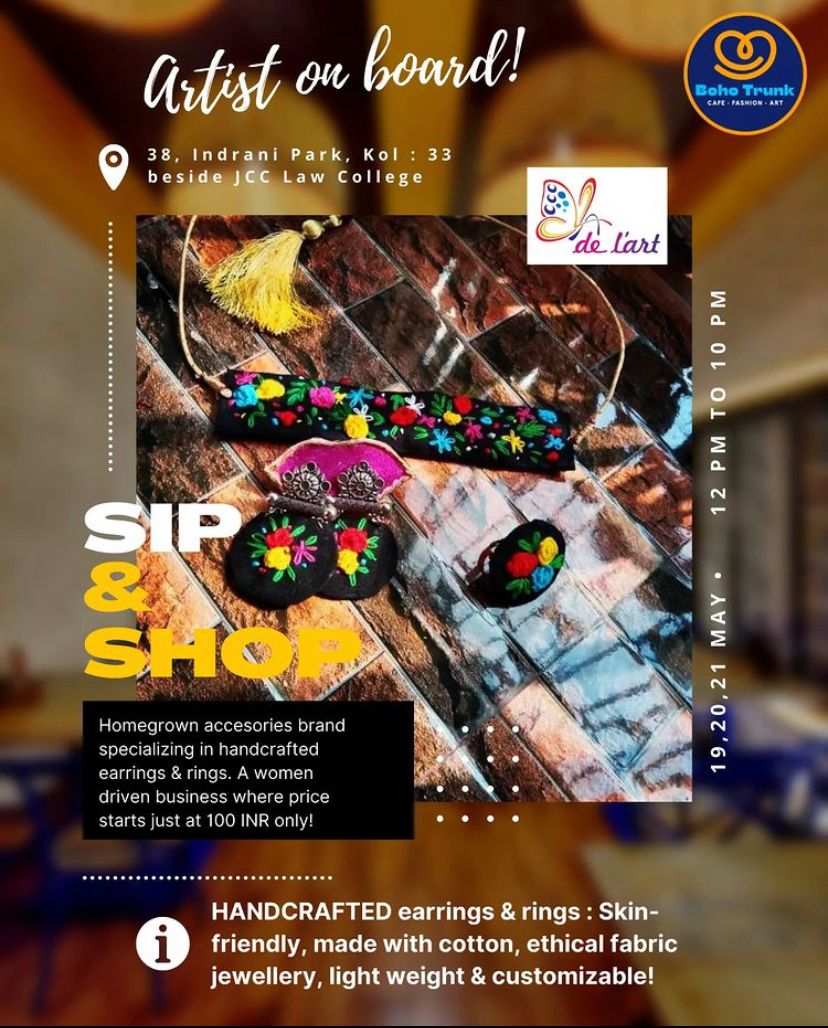
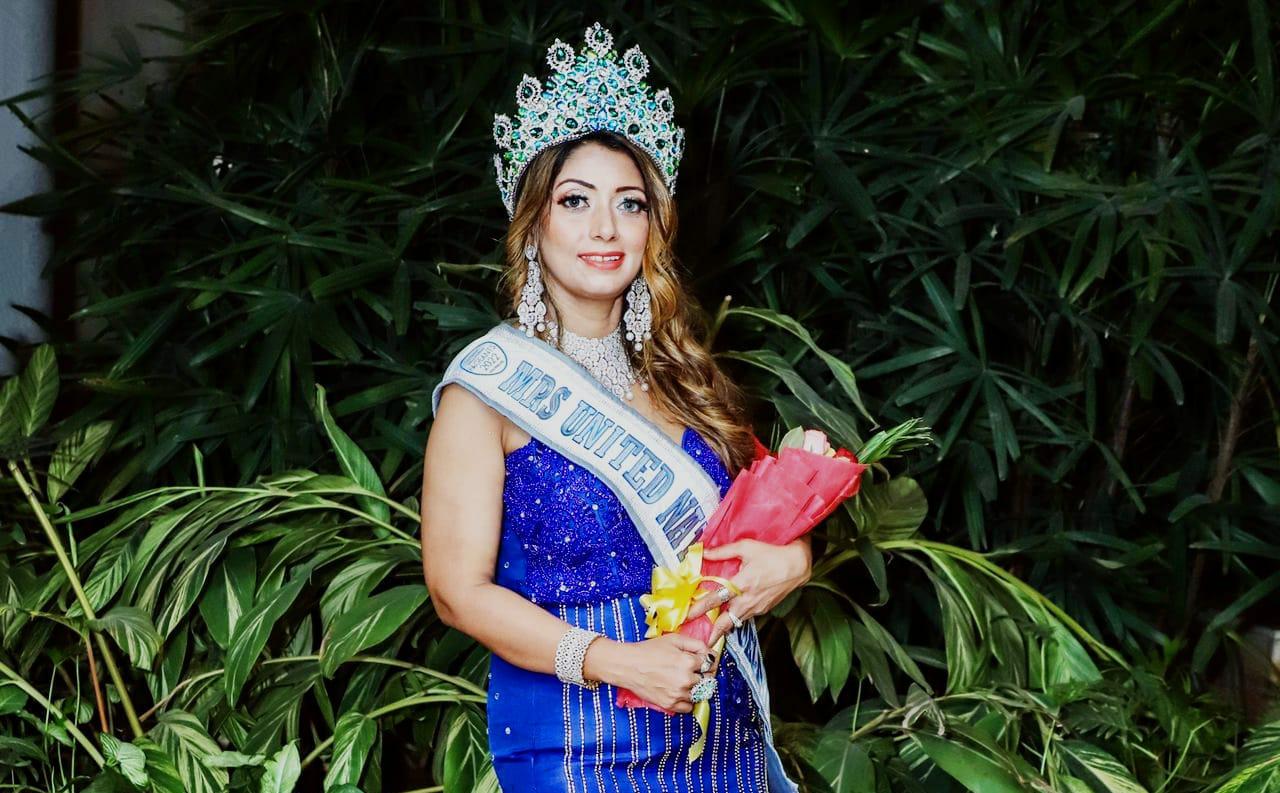

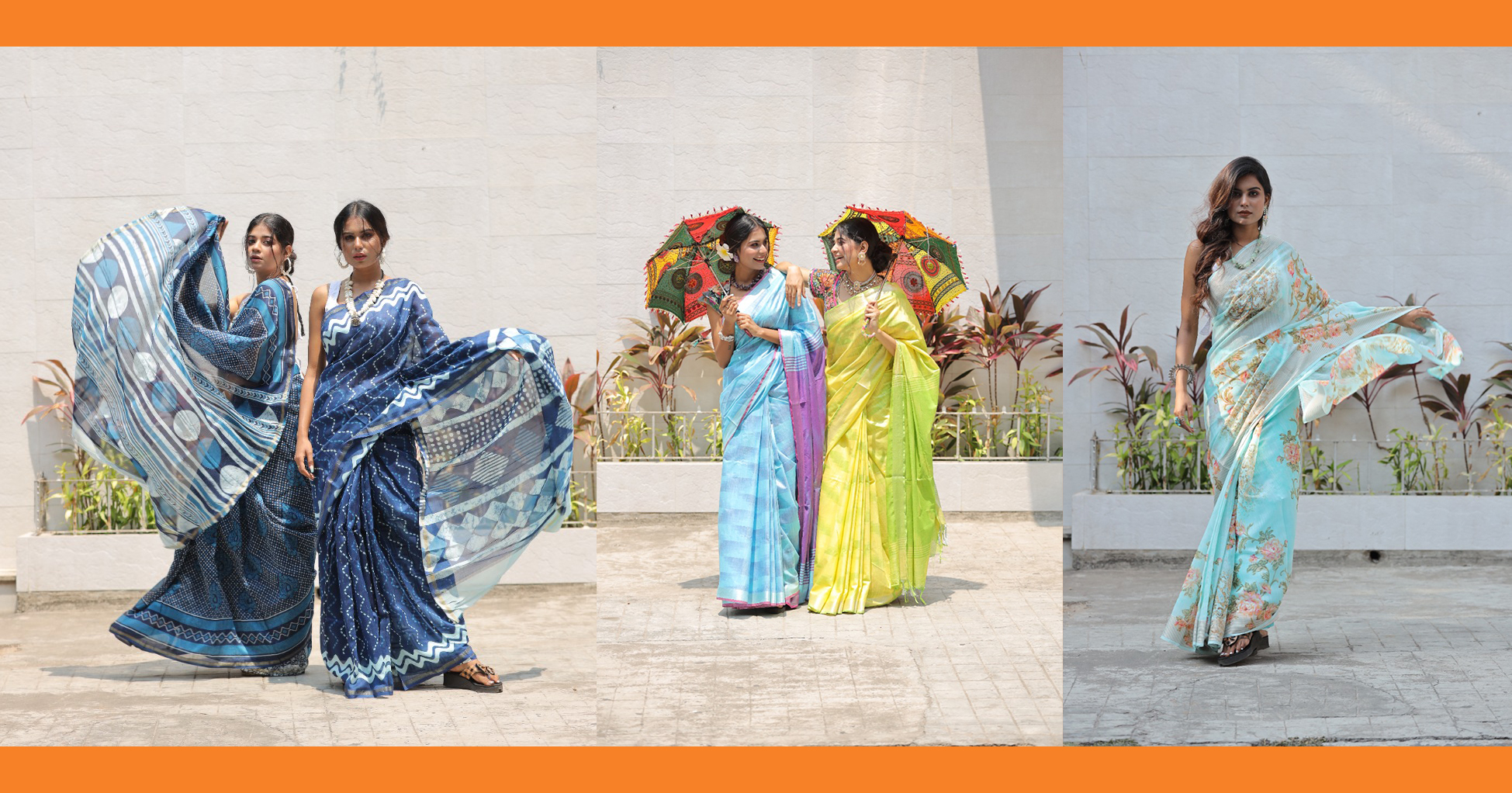
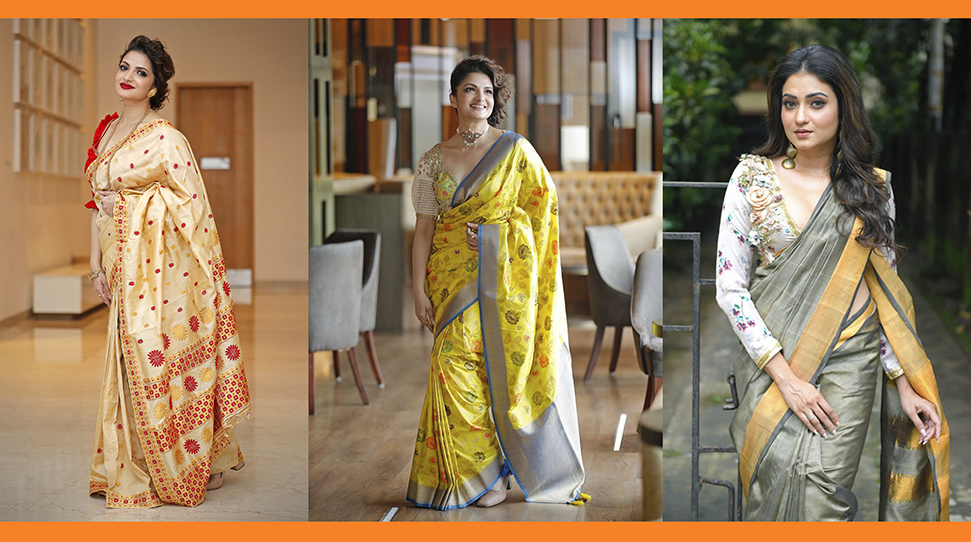
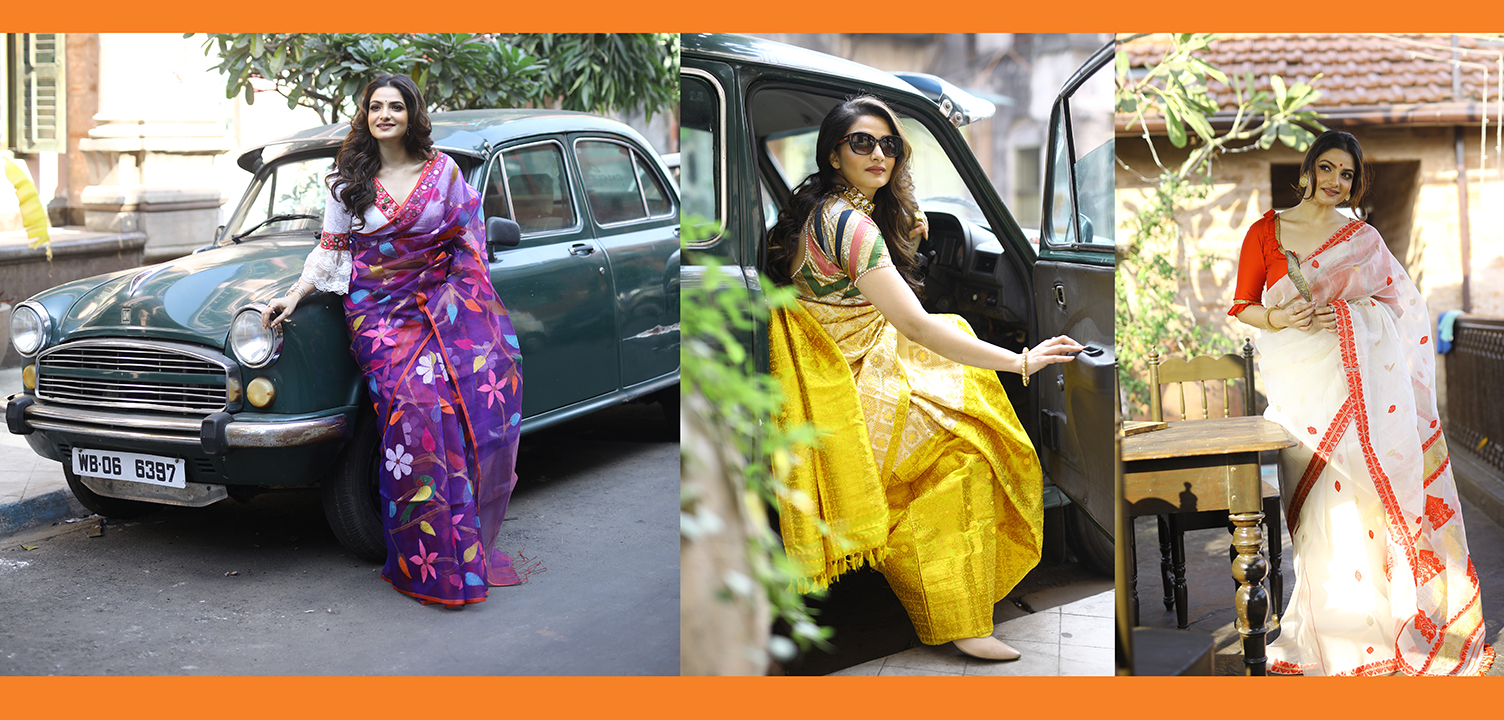


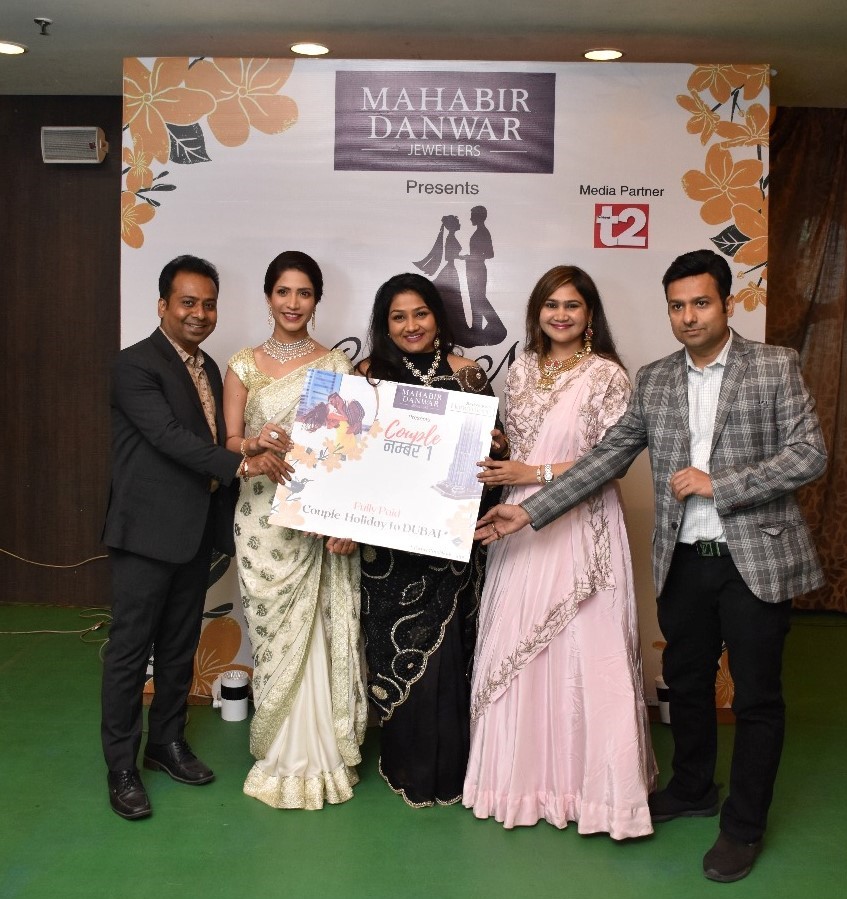


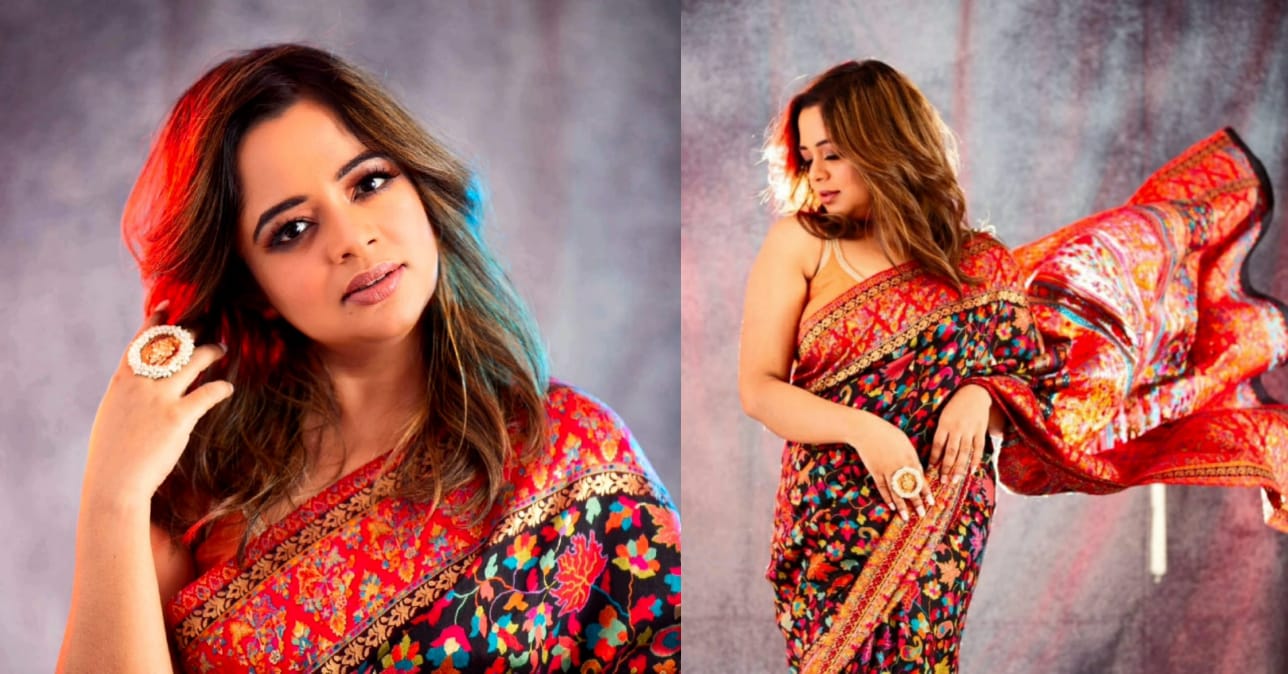

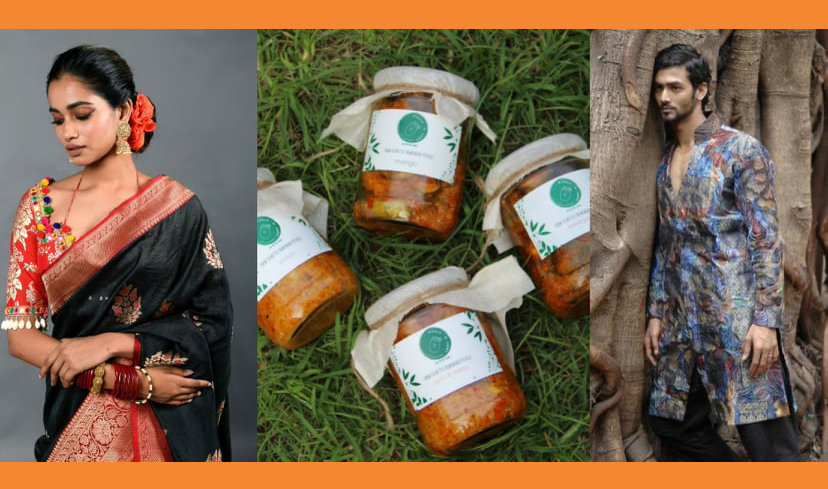

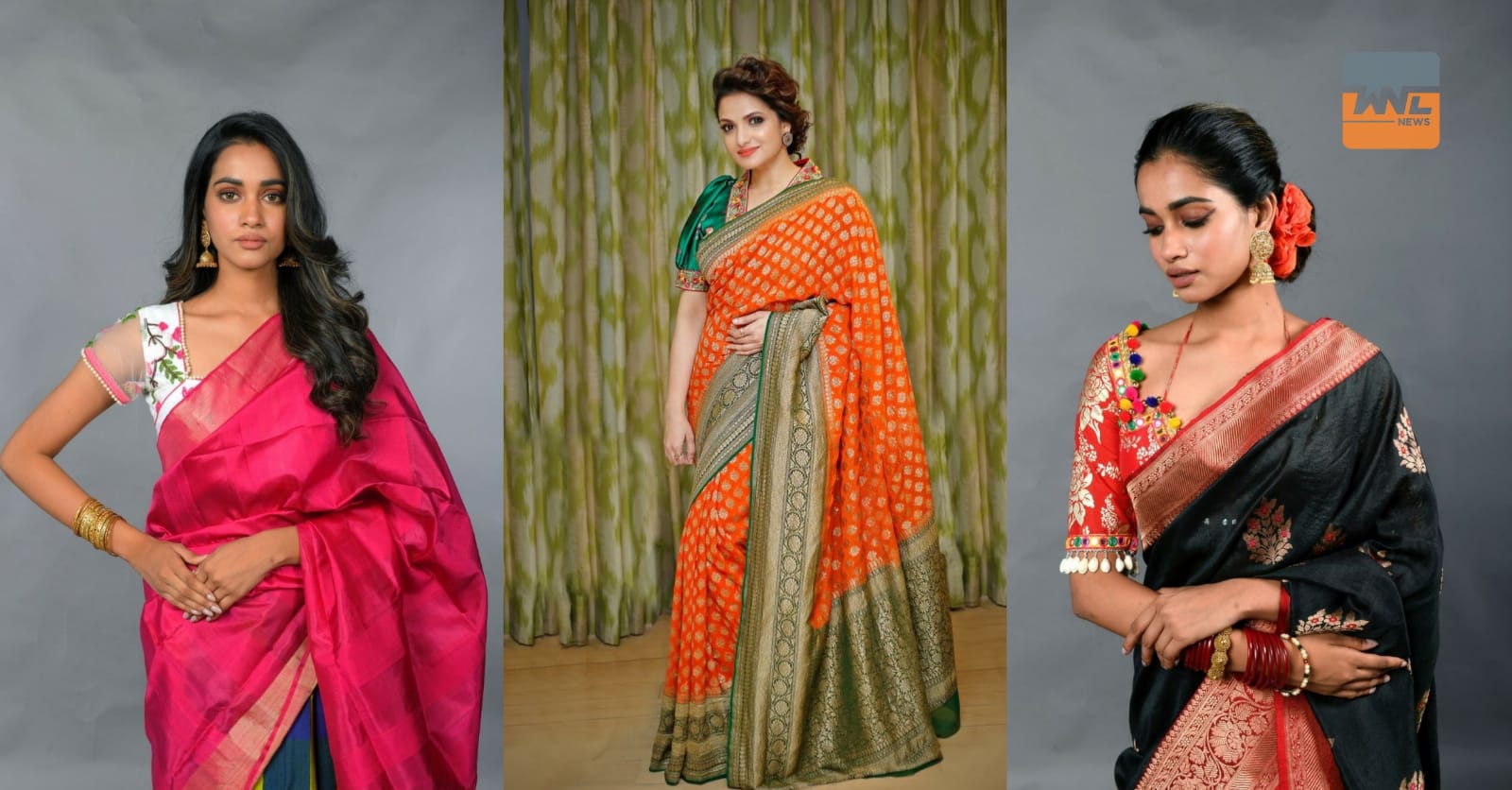


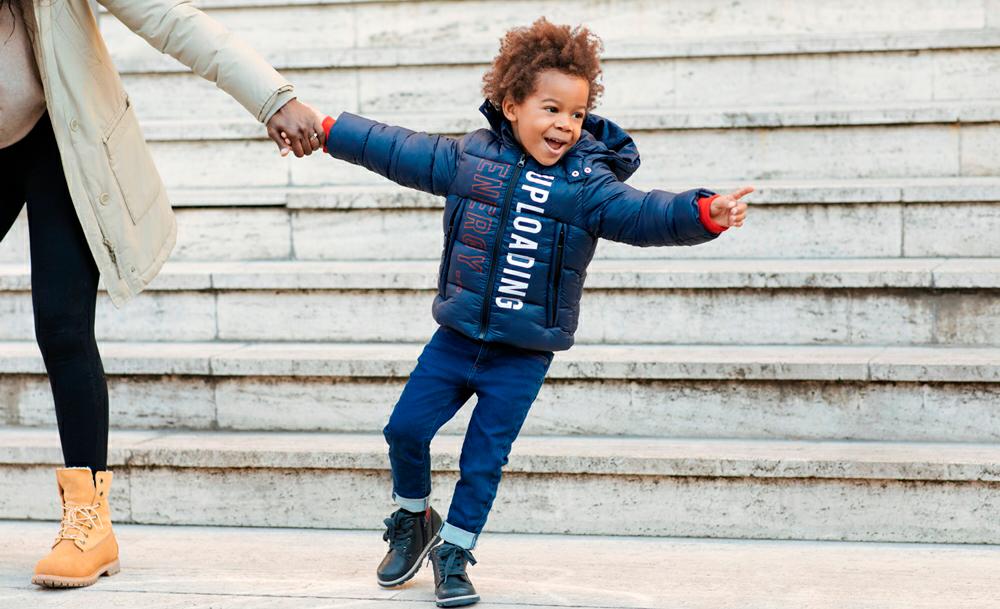
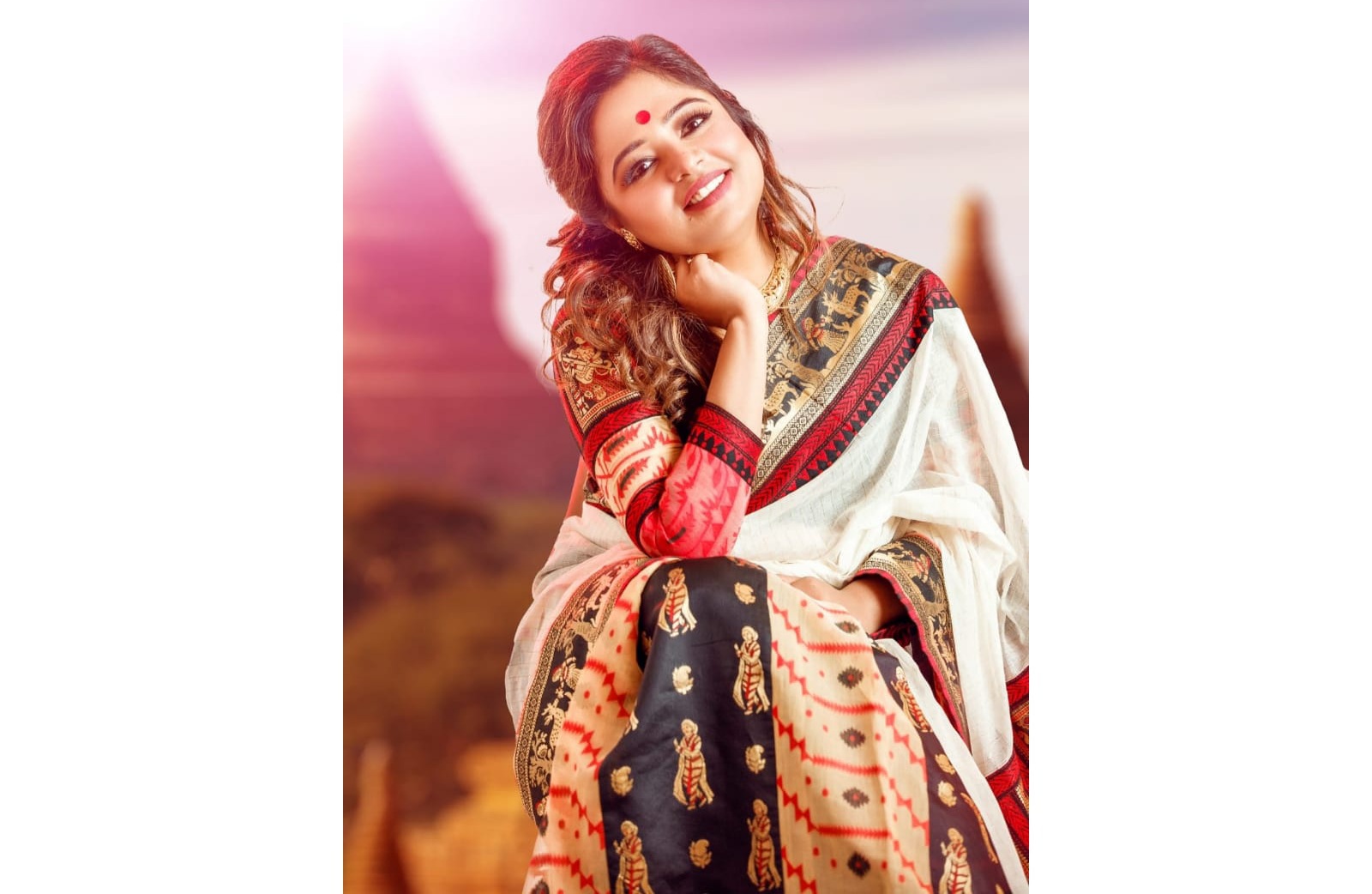



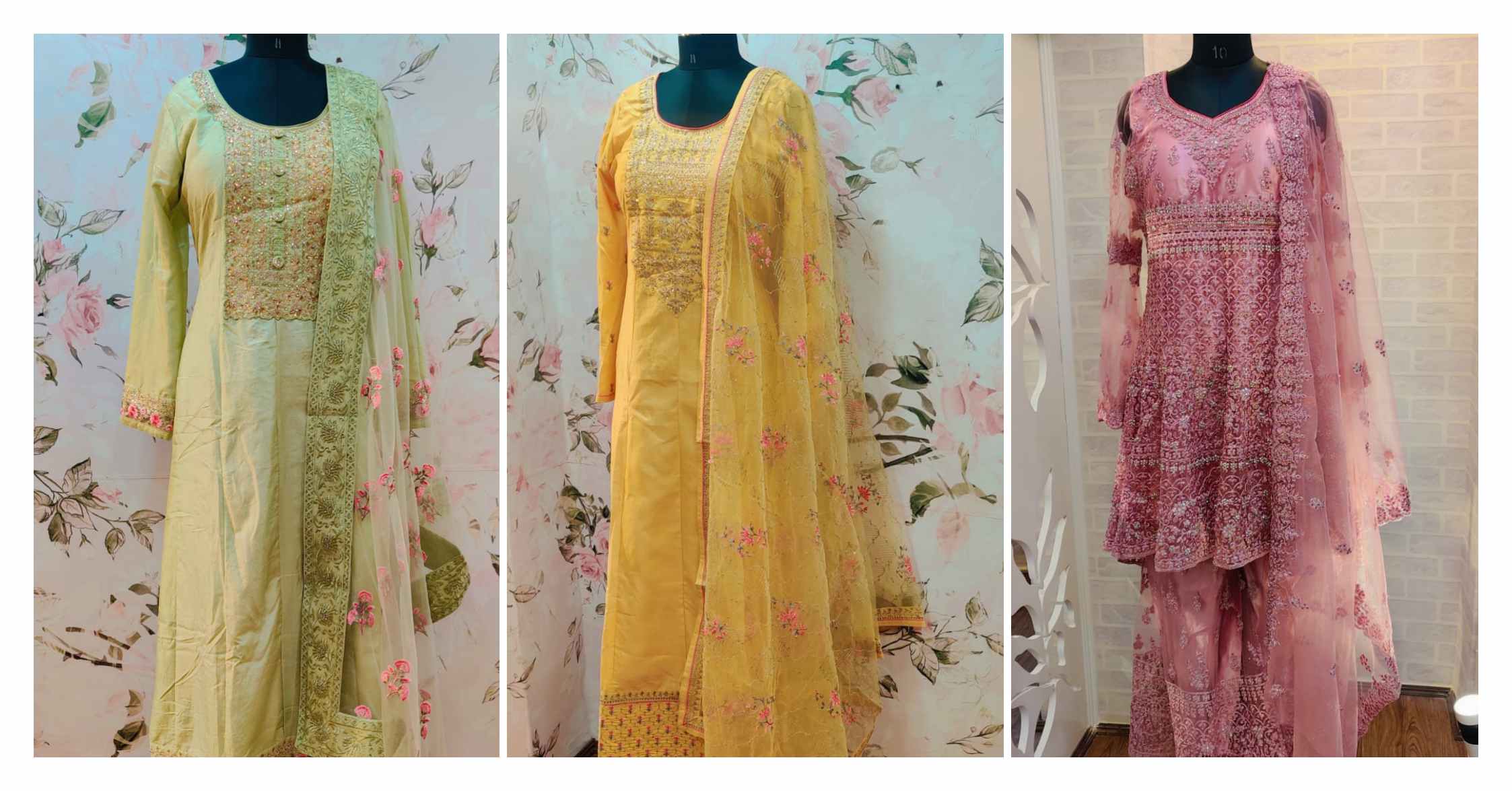


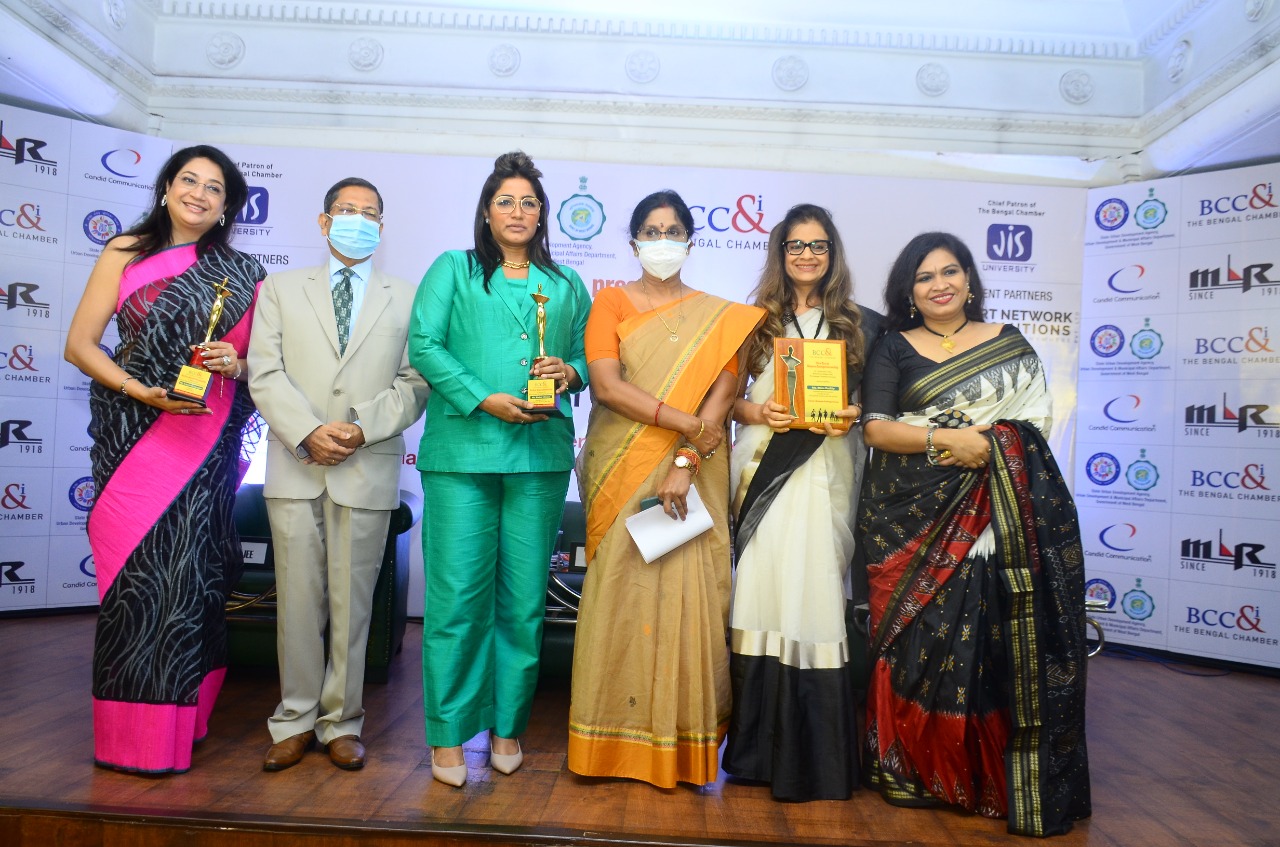

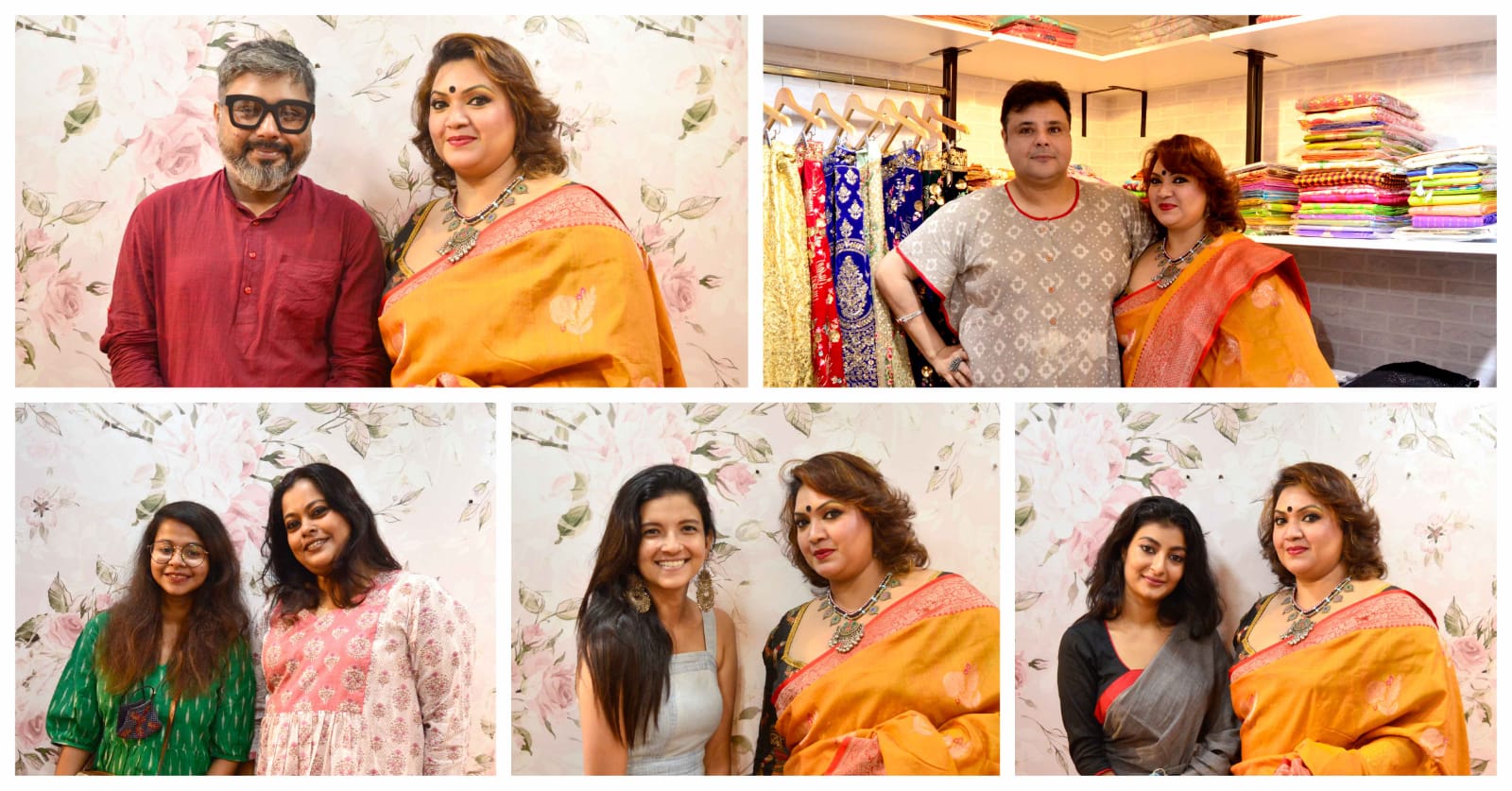




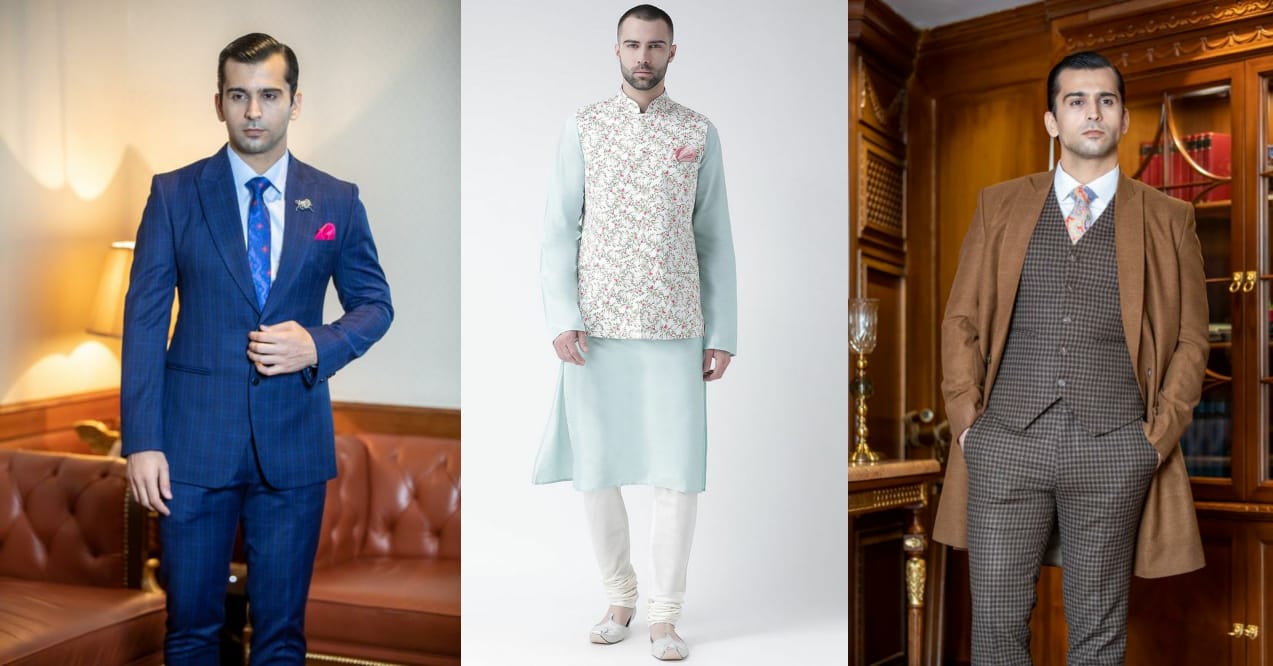









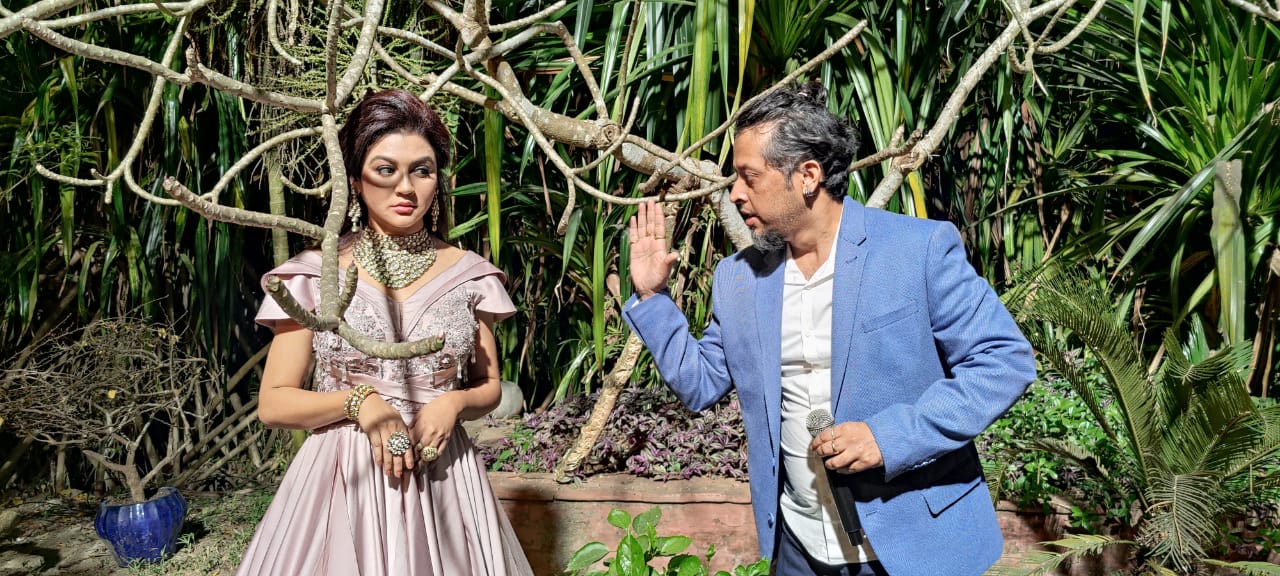






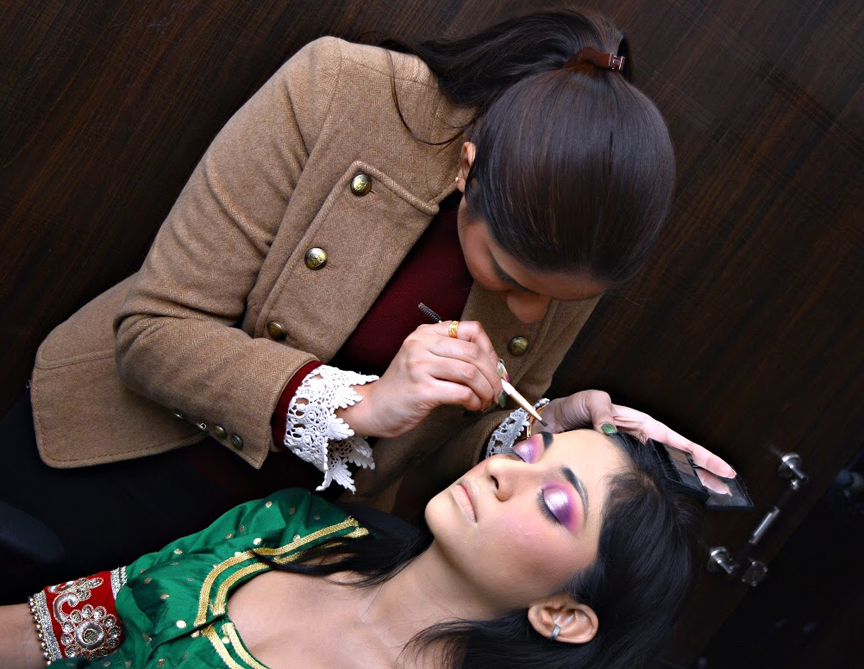


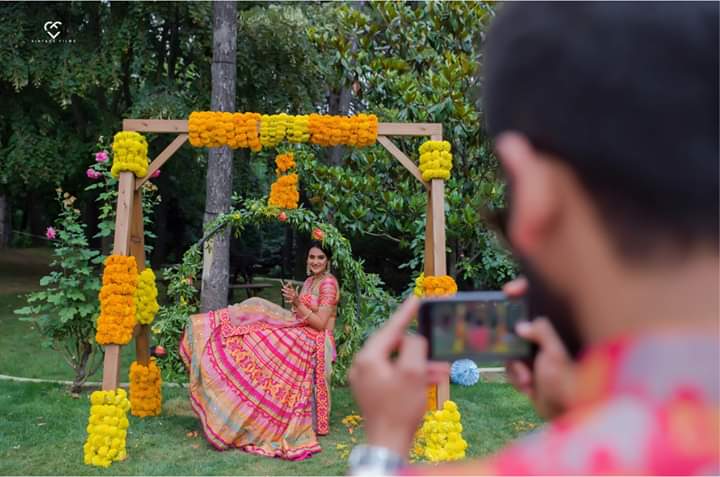




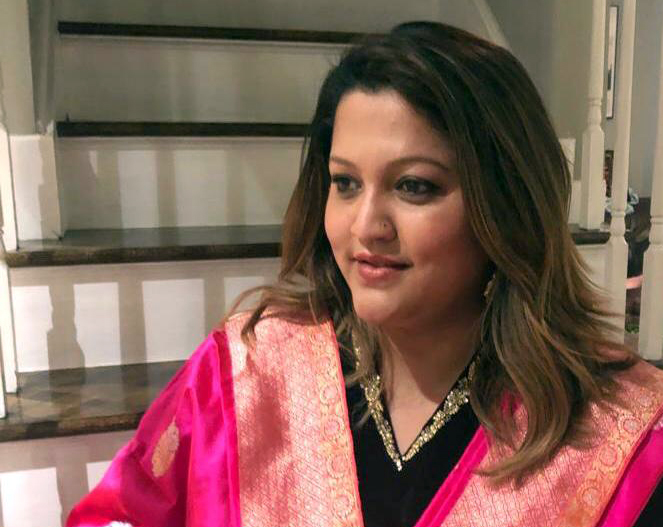
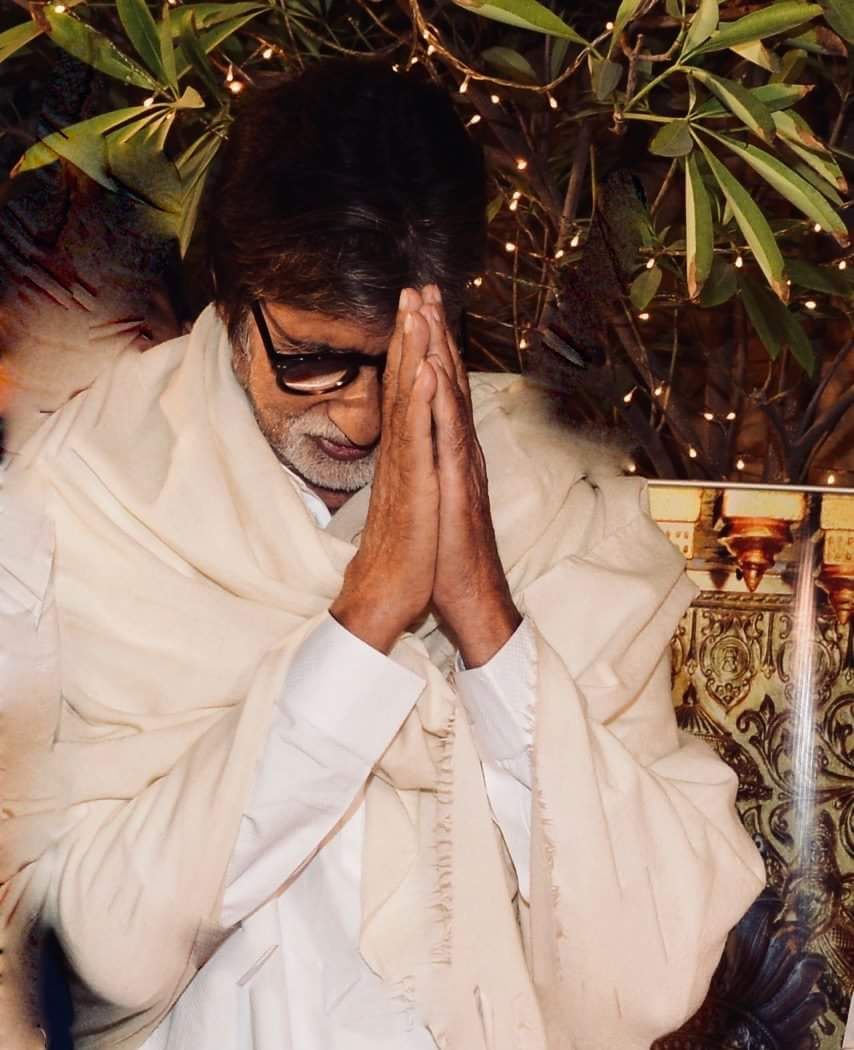








Facebook Comments